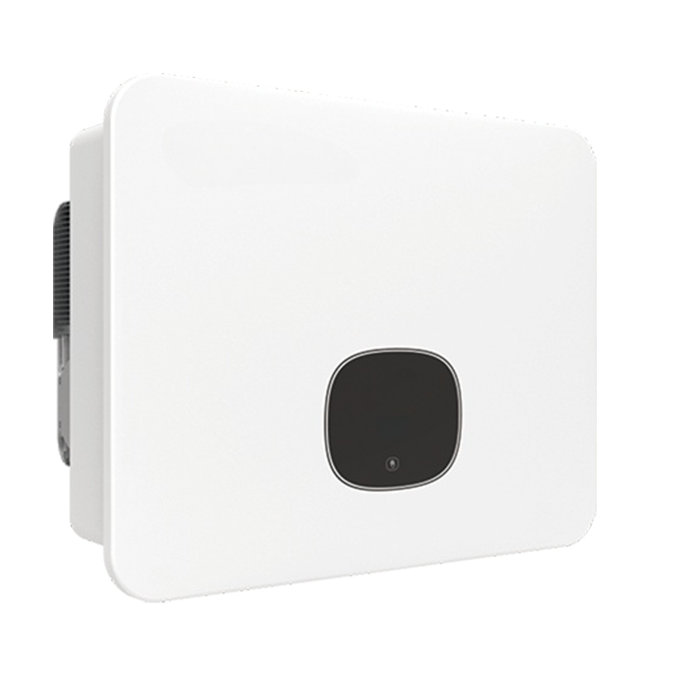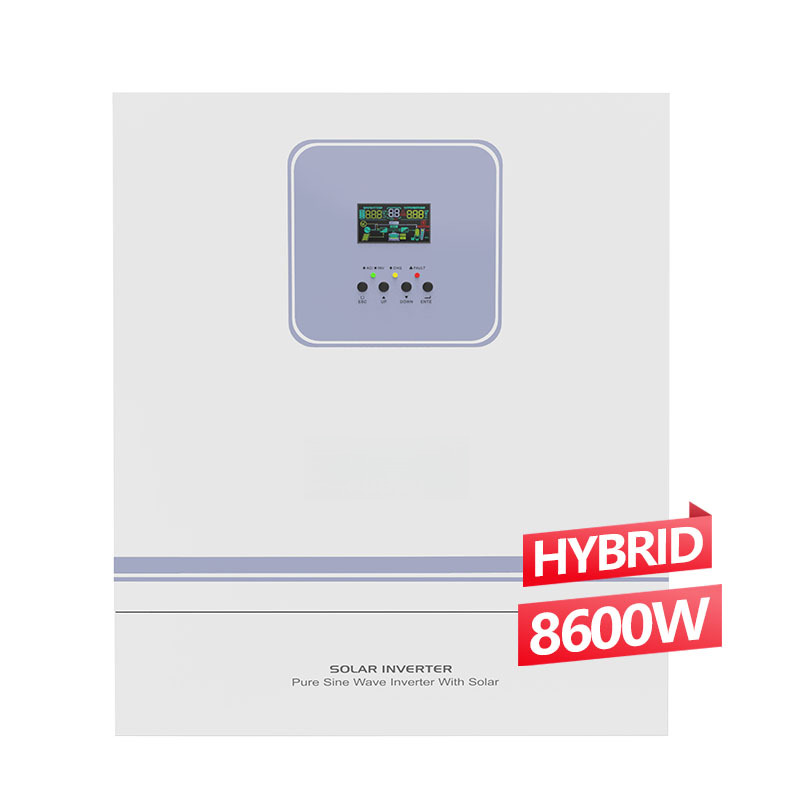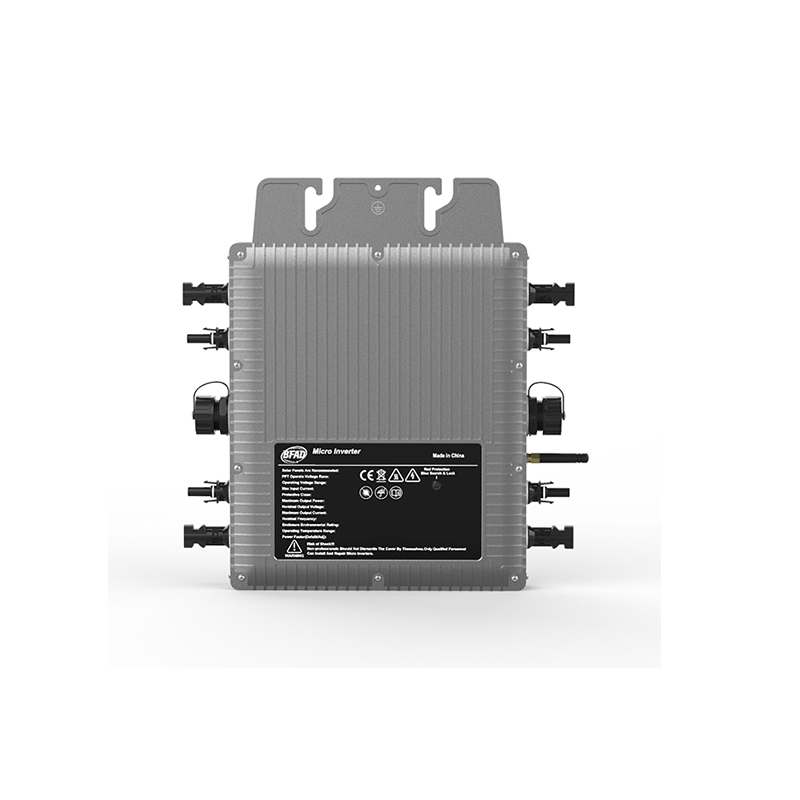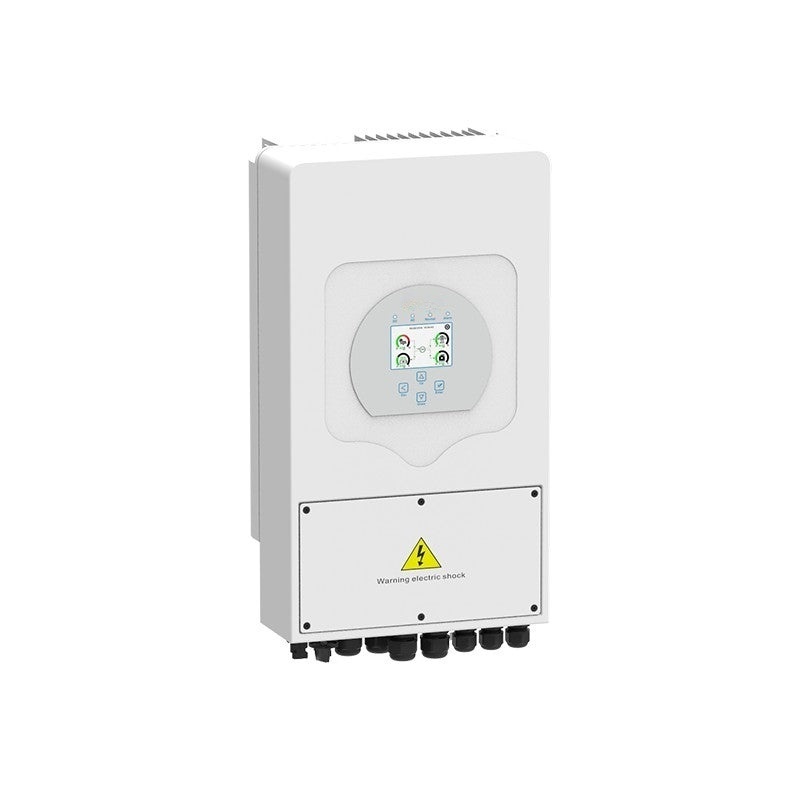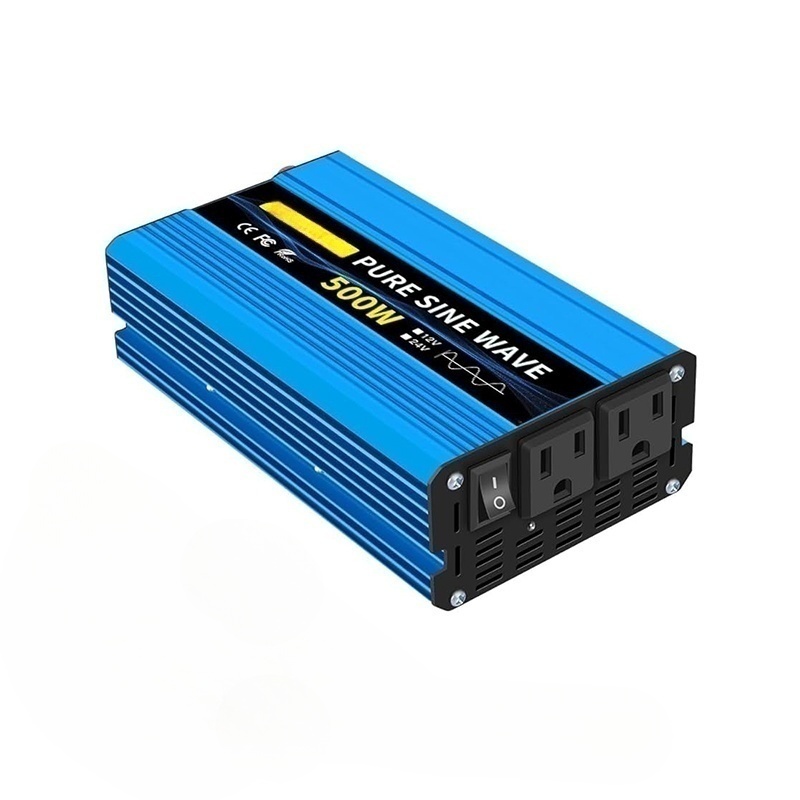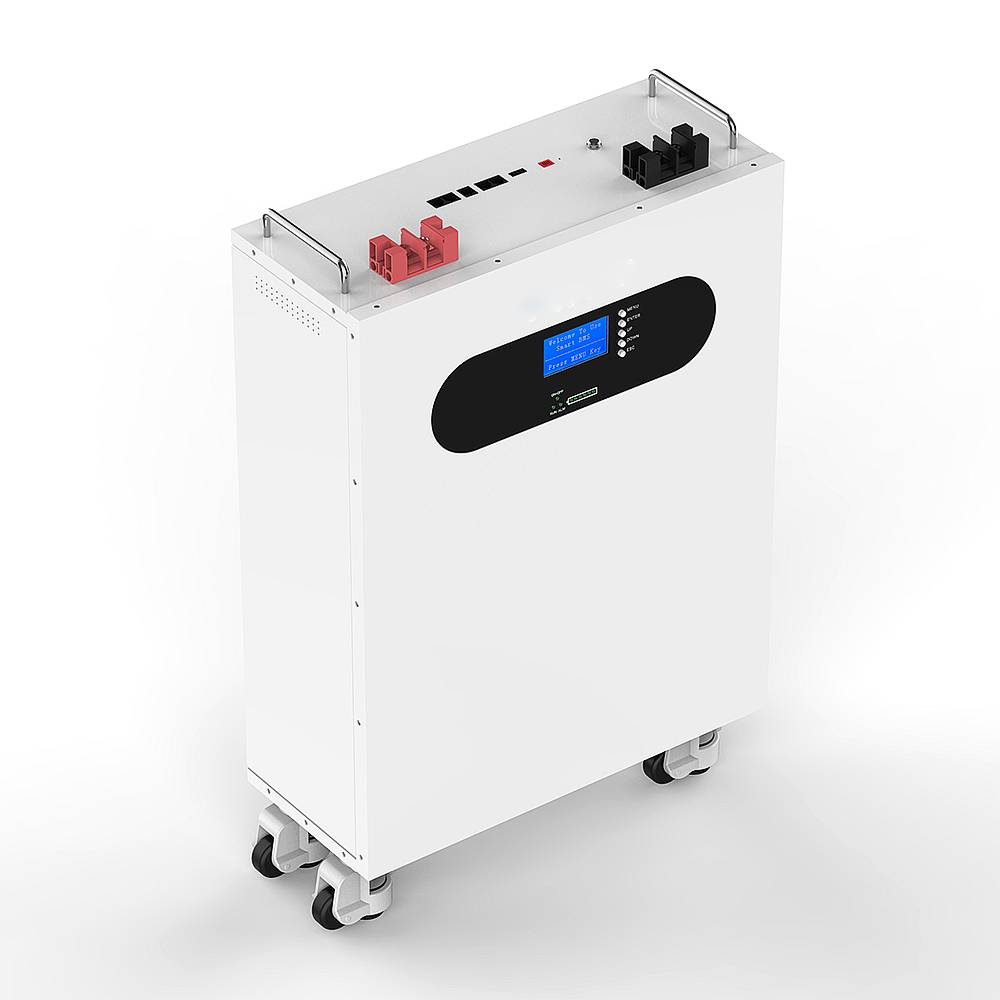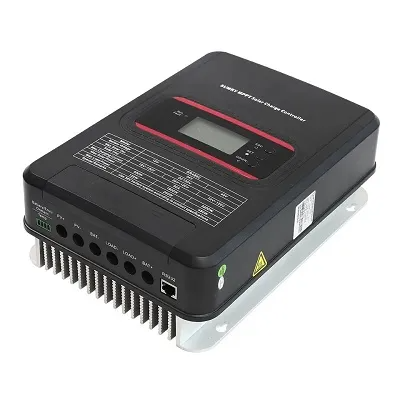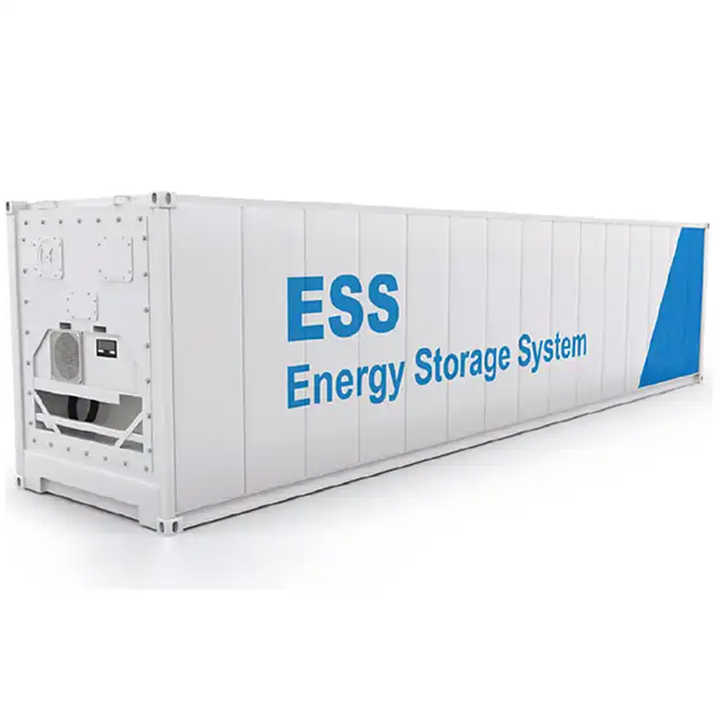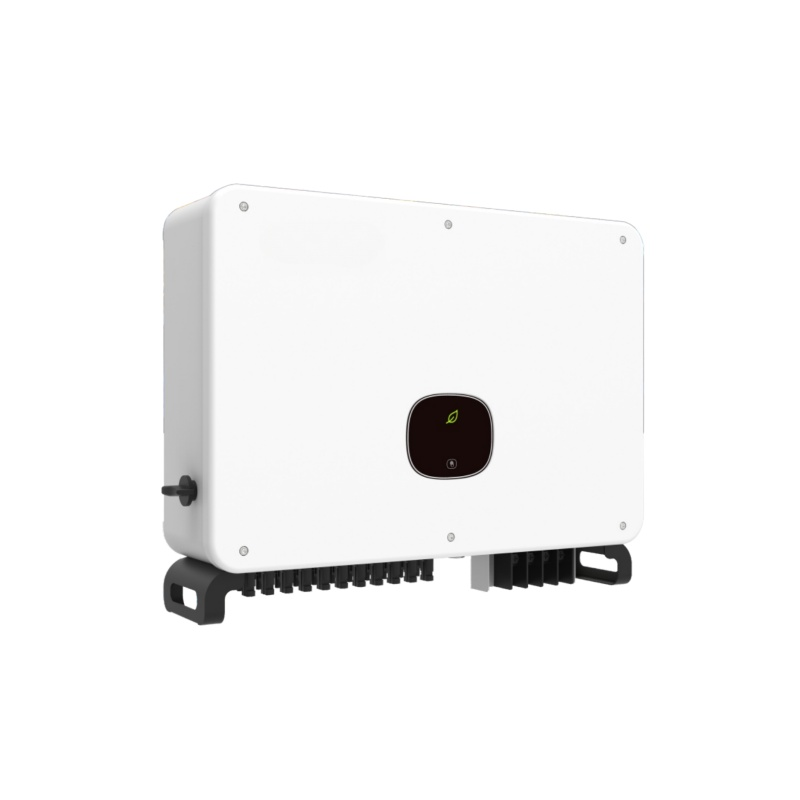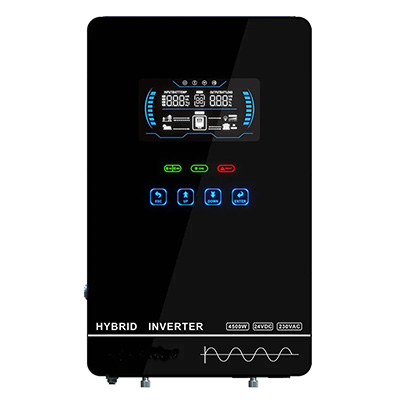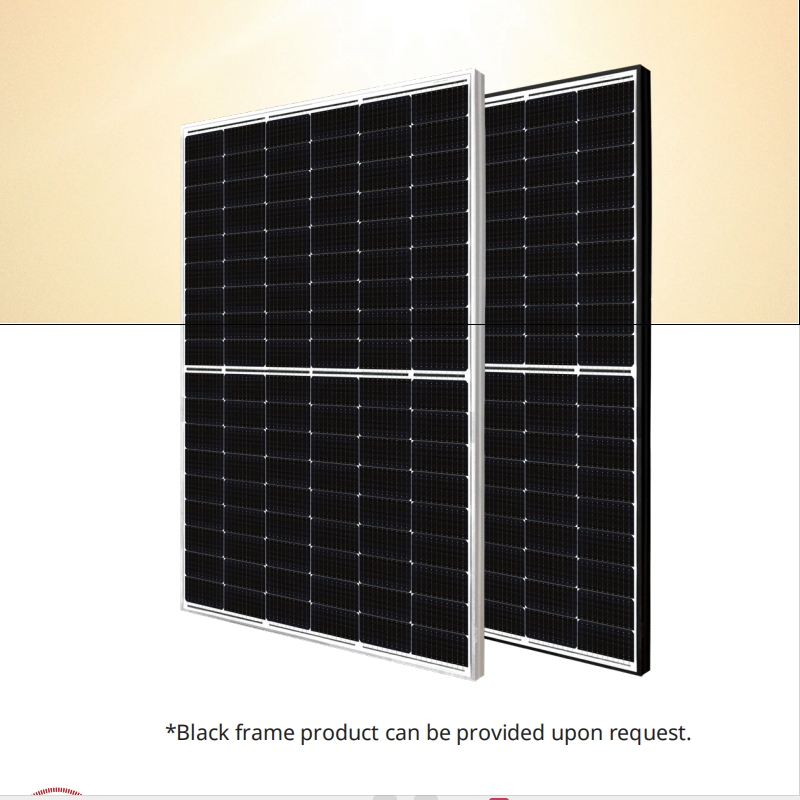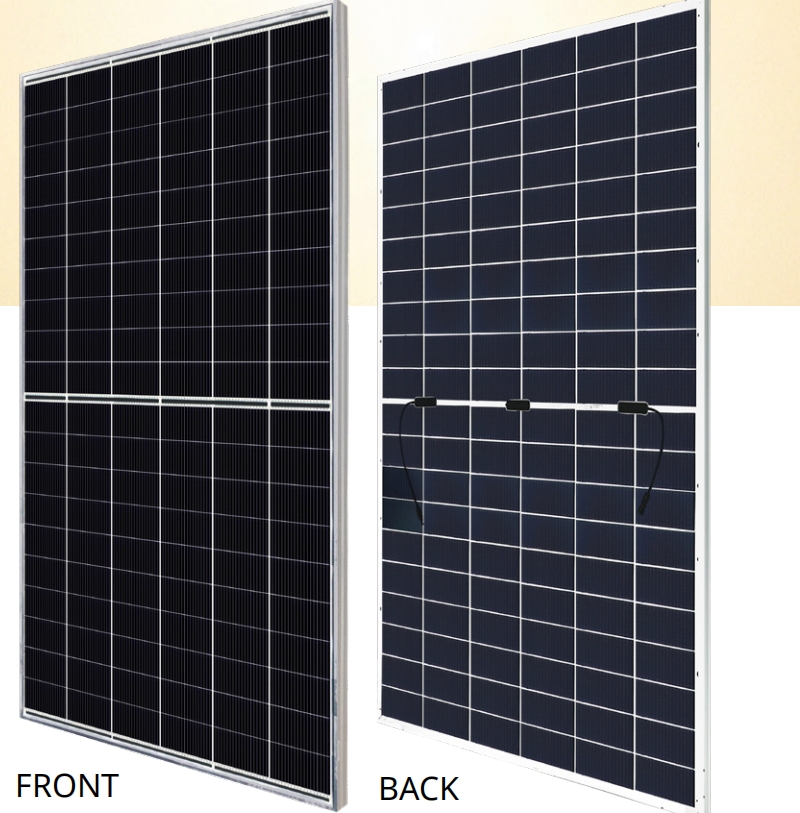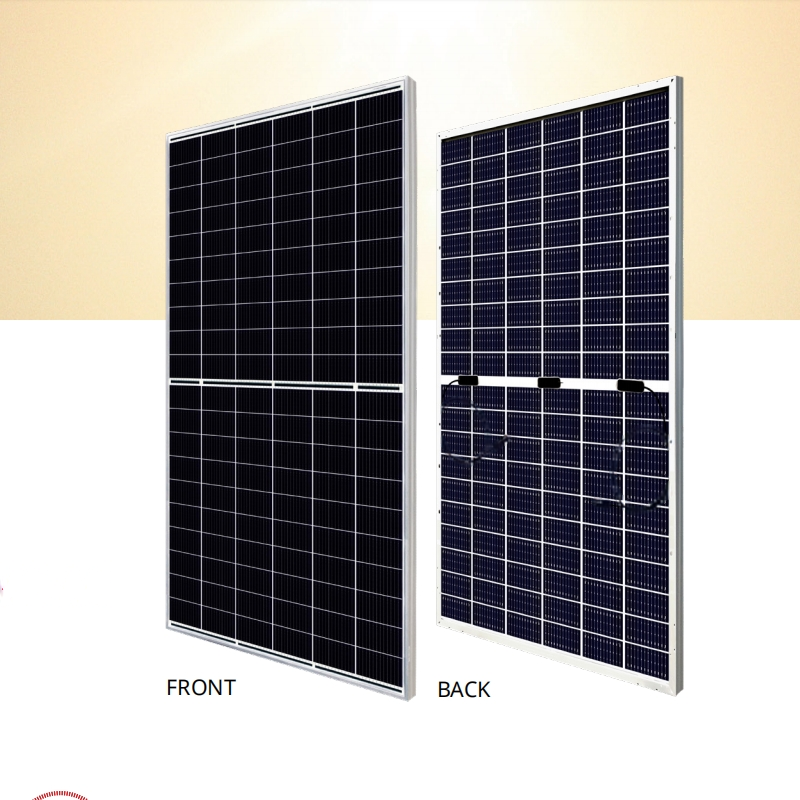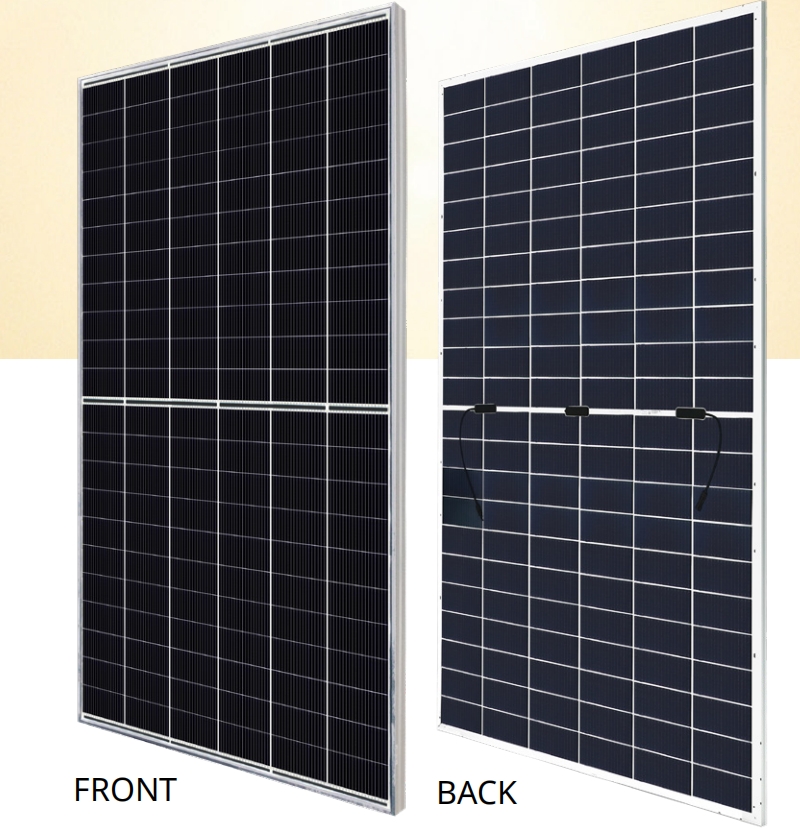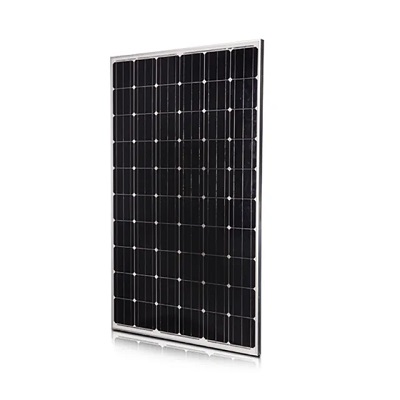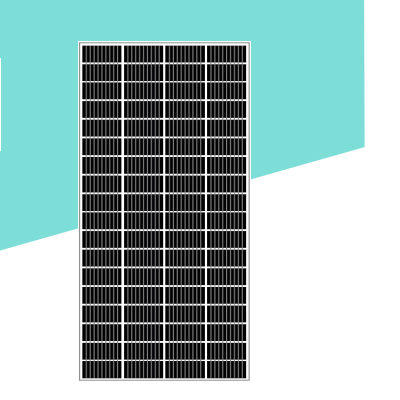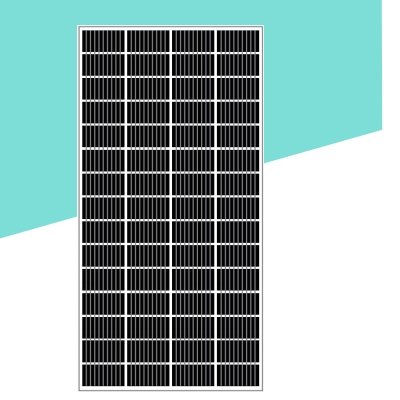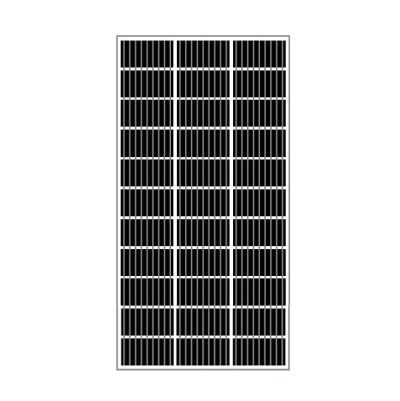How to Choose the Right Hybrid Inverter Manufacturers
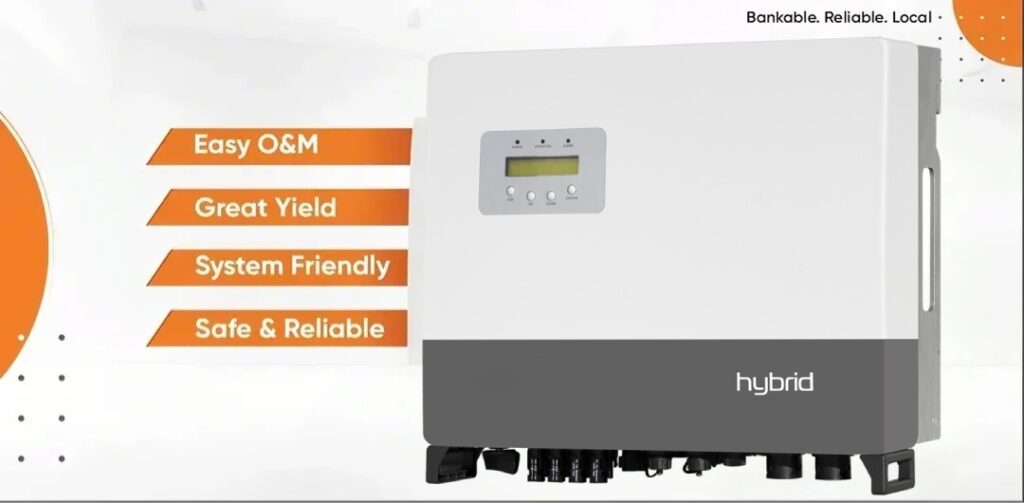
So, you’re ready to take the plunge into solar energy—awesome choice! You’re not just cutting your electricity bills; you’re joining the green revolution. But here’s the thing: your solar system is only as good as its hybrid inverter. Think of it as the brain of your setup, juggling power from your panels, batteries, and the grid like a pro. Picking the right manufacturer can make or break your solar experience, so let’s make sure you get it right. In this guide, I’ll walk you through everything you need to know to choose the best hybrid inverter manufacturer for your needs. We’ll cover all the bases—from reputation to tech features—ensuring you’re armed with the knowledge to make a confident decision. Let’s dive in!
Part 1. Iwis Solar Manufacturers in China
Custom Solar Products For Your Industries
Part 2.What’s a Hybrid Inverter, and Why Does the Manufacturer Matter?
First off, let’s get on the same page. A hybrid inverter is a multitasking marvel. It converts the DC power from your solar panels into AC power for your home, manages your battery storage, and even lets you send excess energy back to the grid. It’s like the Swiss Army knife of solar tech—versatile, efficient, and essential.
Now, why does the manufacturer matter so much? Imagine this: you’ve splurged on top-tier solar panels and a fancy battery system, but your inverter can’t keep up. Suddenly, your energy output tanks, your batteries don’t charge right, and you’re left scratching your head. That’s why choosing a reputable manufacturer is crucial. They’re not just selling you a box; they’re providing the backbone of your entire solar system. A great manufacturer means better efficiency, fewer headaches, and a system that lasts for years. So, how do you pick the right one? Let’s break it down.
Part 3. Key Factors to Consider When Choosing a Hybrid Inverter Manufacturer
Picking a manufacturer isn’t about grabbing the first name you see online. You need to dig a little deeper. Here are the must-know factors to keep on your radar:
1. Reputation and Experience
- Why It Matters: Experience isn’t just a buzzword—it’s a sign of reliability. Companies that have been in the game for years have ironed out the kinks and built trust.
- What to Look For: Check how long they’ve been around. A decade or more? That’s a good sign. Peek at online reviews and testimonials—real customers don’t hold back. If folks are raving about their inverters’ performance and the company’s service, you’re on the right track.
- Example: Picture a company that’s been crafting inverters since the ‘80s. They’ve seen it all—tech shifts, weather challenges, customer demands—and they’re still standing strong. That’s the kind of history you want.
2. Product Quality and Reliability
- Why It Matters: Your inverter’s going to face sun, rain, and maybe even snow. It needs to be tough.
- What to Look For: Look for inverters with high efficiency ratings (think 95% or better) and robust build quality. Check if they’ve got certifications like IP65, which means they can handle dust and water like champs.
- Example: Imagine installing your inverter on a windy, rainy rooftop. A top-notch one keeps humming along, while a cheap knockoff might fizzle out in a year. You want the former.
3. Warranty and Support
- Why It Matters: Stuff happens—parts fail, storms hit, gremlins invade (kidding about that last one). When it does, you want a manufacturer that’s got your back.
- What to Look For: Aim for at least a 10-year warranty. But don’t stop there—check their customer support. Are they easy to reach? Do they fix issues fast, or leave you on hold for hours?
- Example: A friend of mine had an inverter glitch after a power surge. The manufacturer sent a replacement part overnight—no hassle, no drama. That’s the support you deserve.
4. Compatibility
- Why It Matters: Your inverter needs to play nice with your solar panels and batteries. Mismatched gear can tank your system’s performance.
- What to Look For: Make sure the manufacturer’s inverters work with your setup. Some even offer compatibility charts or tools to take the guesswork out of it.
- Example: Think about dropping big bucks on a high-capacity battery, only to find your inverter can’t handle it. Avoid that nightmare by double-checking compatibility upfront.
5. Price and Value
- Why It Matters: Quality costs, but you don’t want to overpay for bells and whistles you’ll never use.
- What to Look For: Compare prices, but also weigh the value. A slightly pricier inverter with better efficiency or a longer warranty might save you cash down the road.
- Example: You could grab a budget inverter for $500, but if it dies in two years, you’re out of luck. Spend $800 on a solid one that lasts a decade, and you’re laughing all the way to the bank.
6. Innovation and Technology
- Why It Matters: Solar tech moves fast. You want a manufacturer that’s keeping up—or better yet, setting the pace.
- What to Look For: Look for features like smart monitoring apps, AI-driven energy management, or integration with home automation systems like Alexa or Google Home.
- Example: Picture checking your phone and seeing exactly how much power your panels are cranking out, thanks to a slick app. That’s the kind of tech that makes solar fun.
7. Certifications and Standards
- Why It Matters: Certifications aren’t just fancy stickers—they’re proof the inverter meets safety and performance benchmarks.
- What to Look For: Check for marks like UL, IEC, or CE. These mean the product’s been tested and won’t turn your garage into a fireball (yep, safety first!).
- Example: A certified inverter gives you peace of mind, knowing it’s been vetted by pros—not just thrown together in someone’s basement.
8. Reviews and Testimonials
- Why It Matters: Real-world feedback cuts through the marketing hype. It’s like getting advice from a neighbor who’s been there.
- What to Look For: Scroll through forums, social media, or review sites. Look for patterns—consistent praise or recurring gripes?
- Example: If dozens of users say a manufacturer’s inverter runs like a dream and their support team is top-notch, that’s a green light. One-off complaints? Maybe just bad luck.
What Other Solar or Power Products You Want
Custom Solar Products For Your Industries
We provide custom solutions to all our customers and offer free consulting or samples that you can take advantage of.
Part 4. Top Hybrid Inverter Manufacturers: A Quick Rundown
The market’s packed with options, but a few names rise above the rest for their quality and customer love. Here’s a peek at some heavy hitters:
- SMA Solar Technology: The old pro, known for rock-solid reliability and top efficiency.
- Fronius: The innovator, blending smart features with sleek designs.
- SolarEdge: The compatibility king, great for tricky setups.
- Enphase Energy: The microinverter guru, perfect if you want flexibility.
- Sungrow: The value star, offering solid performance without draining your wallet.
Each has its own flavor, so think about what you need most. Craving bulletproof reliability? SMA’s your pick. Obsessed with techy perks? Fronius might steal your heart.
Part 5.How to Narrow Down Your Options
With all these choices, it’s easy to get lost. Here’s a step-by-step plan to find your perfect match:
Step 1: Define Your Needs
- System Size: How big’s your setup? Some manufacturers shine for small homes, others for massive projects.
- Battery Plans: Got a specific battery in mind? Make sure the inverter’s on board.
- Future Growth: Planning to expand later? Pick a scalable option.
Step 2: Set Your Budget
- Upfront Costs: Some inverters cost more now but save you later.
- Long-Term Value: A higher price might mean better efficiency or fewer repairs.
Step 3: Do Your Homework
- Read Reviews: See what real users say about performance and support.
- Compare Specs: Look at efficiency, warranty, and features side by side.
Step 4: Talk to the Pros
- Consult Installers: They know which brands shine and which flop.
- Get Quotes: Shop around for prices and packages.
Step 5: Trust Your Gut
- Make the Call: Once you’ve got the facts, go with the option that feels right.
Part 6.Common Pitfalls to Dodge
Even with a plan, mistakes happen. Watch out for these traps:
- Chasing Cheap Deals: A low price might mean low quality—and higher costs later.
- Ignoring Compatibility: Mismatched gear is a recipe for frustration.
- Skimping on Warranty: A short or vague warranty could leave you hanging.
- Skipping Research: Don’t just trust the sales pitch—dig into the details.
Avoid these, and you’re set for smooth sailing.
Part 7.Your Next Steps: Making the Leap
Choosing the right hybrid inverter manufacturer doesn’t have to be a chore. Focus on reputation, quality, warranty, compatibility, price, innovation, certifications, and reviews, and you’ll land on a winner. Take your time—research, compare, maybe chat with a solar expert. When you’re ready, make your move with confidence. With the right hybrid inverter in place, you’ll be powering your home with clean, renewable energy for years. You’ve got this!
Custom Solar Products For Your Industries
We provide custom solutions to all our customers and offer free consulting or samples that you can take advantage of.

